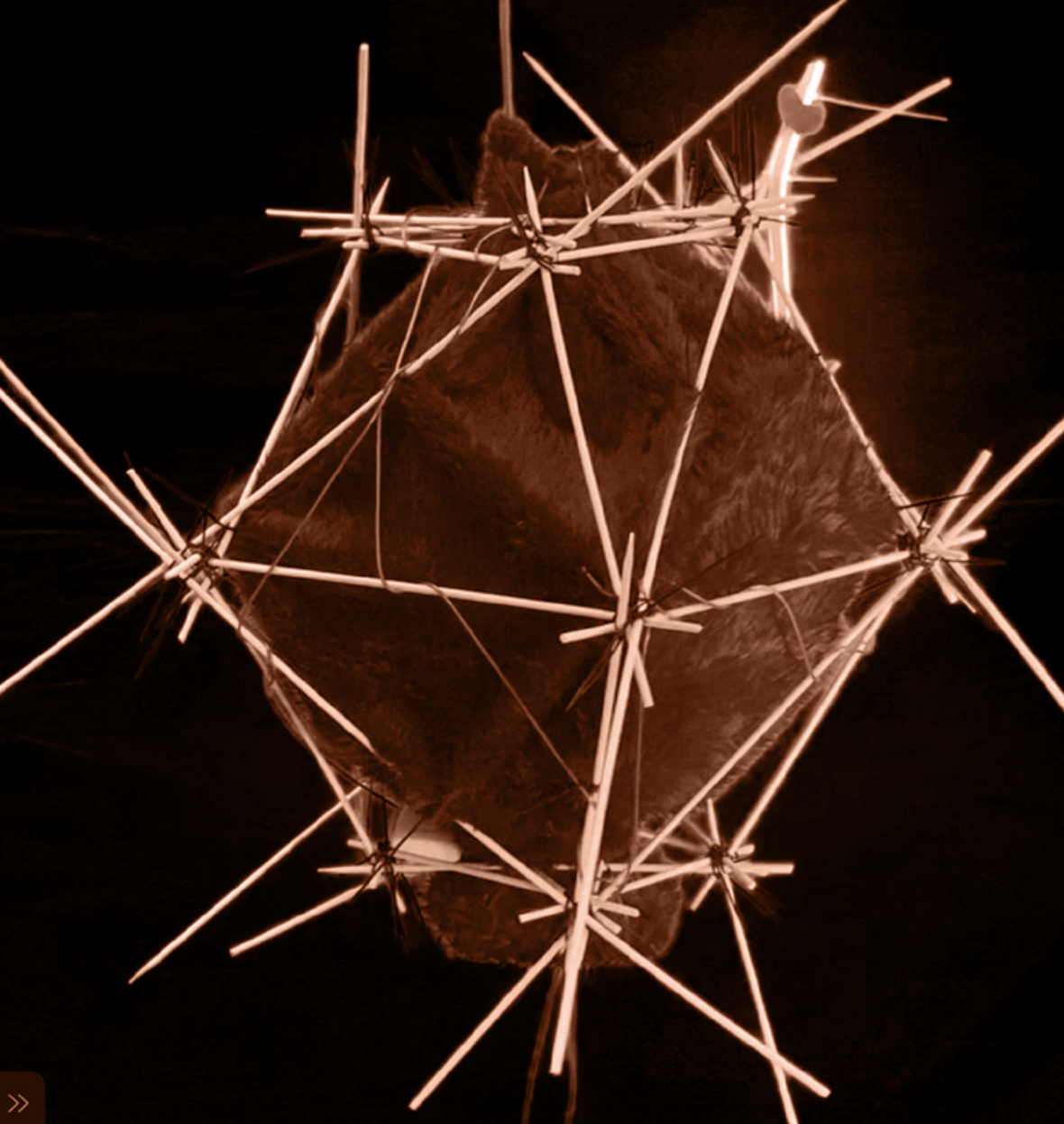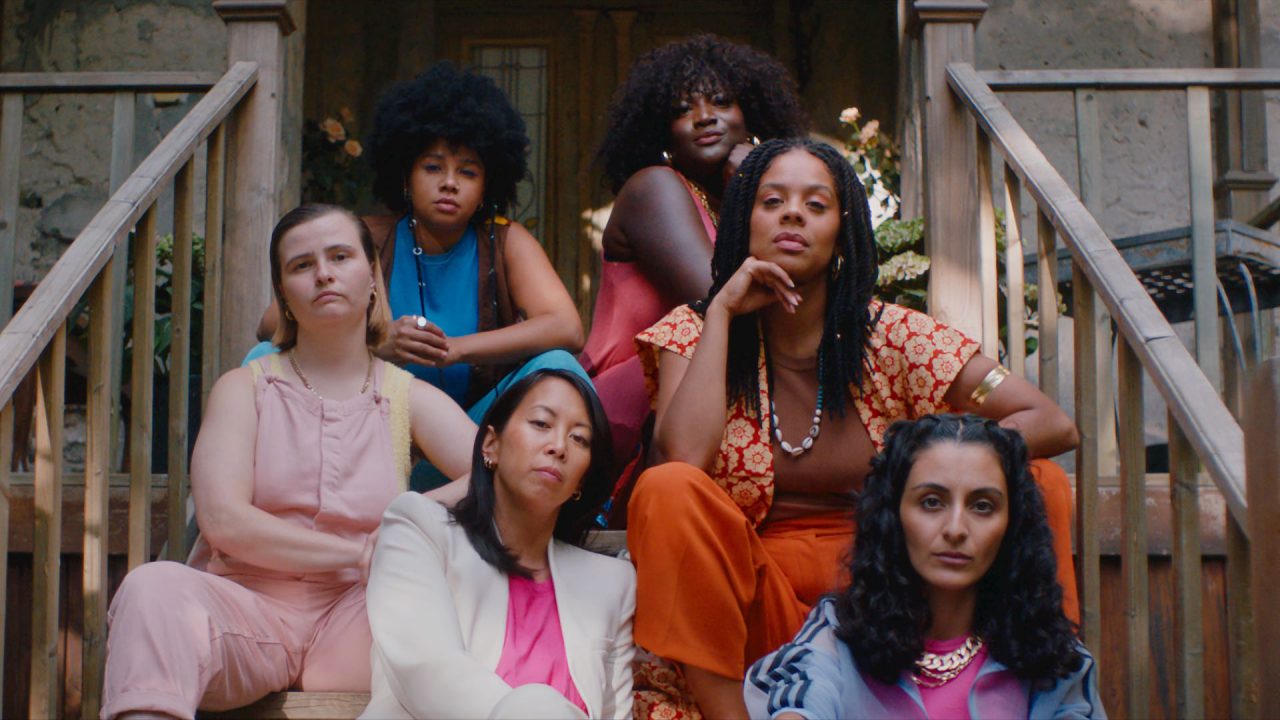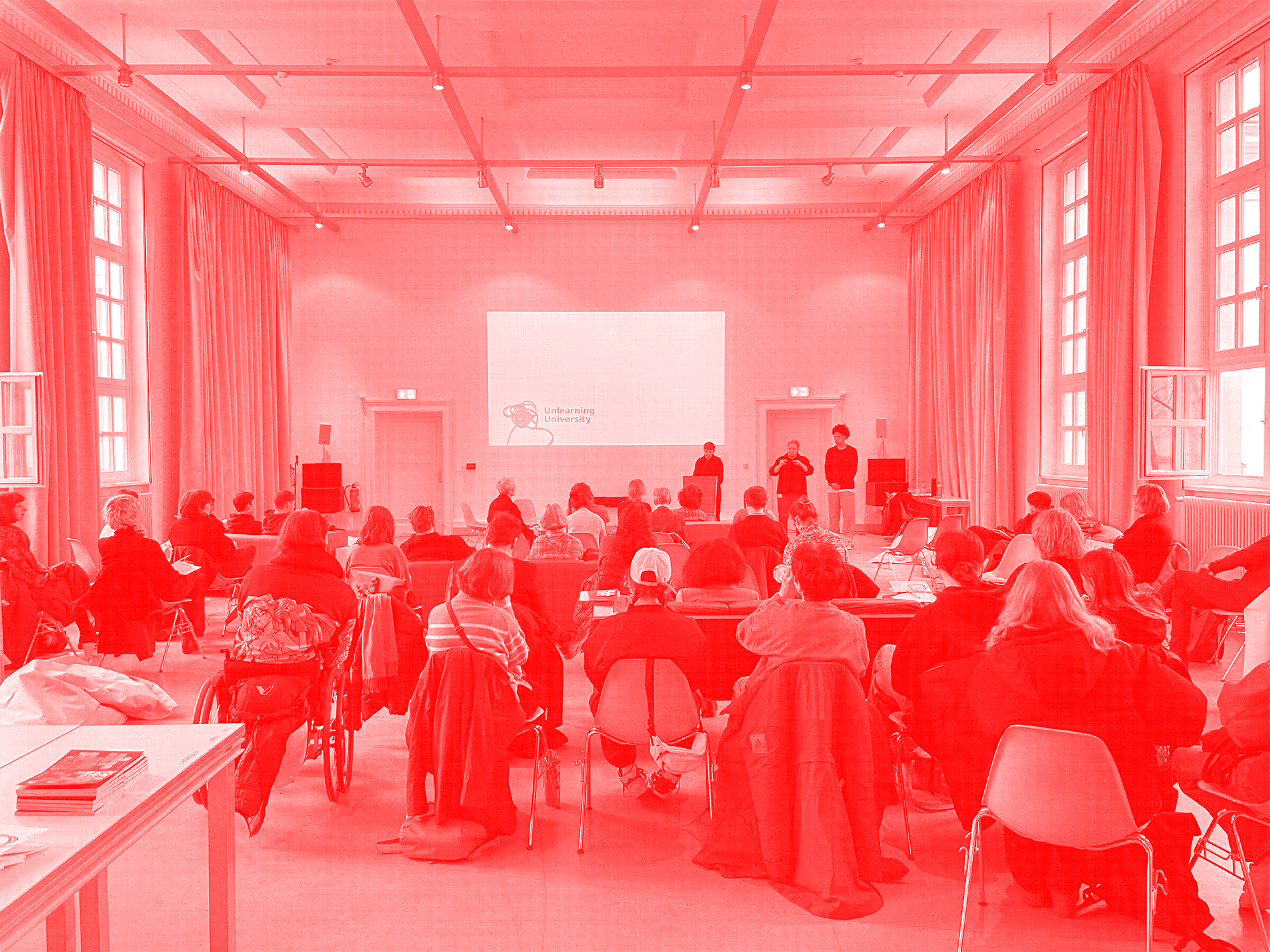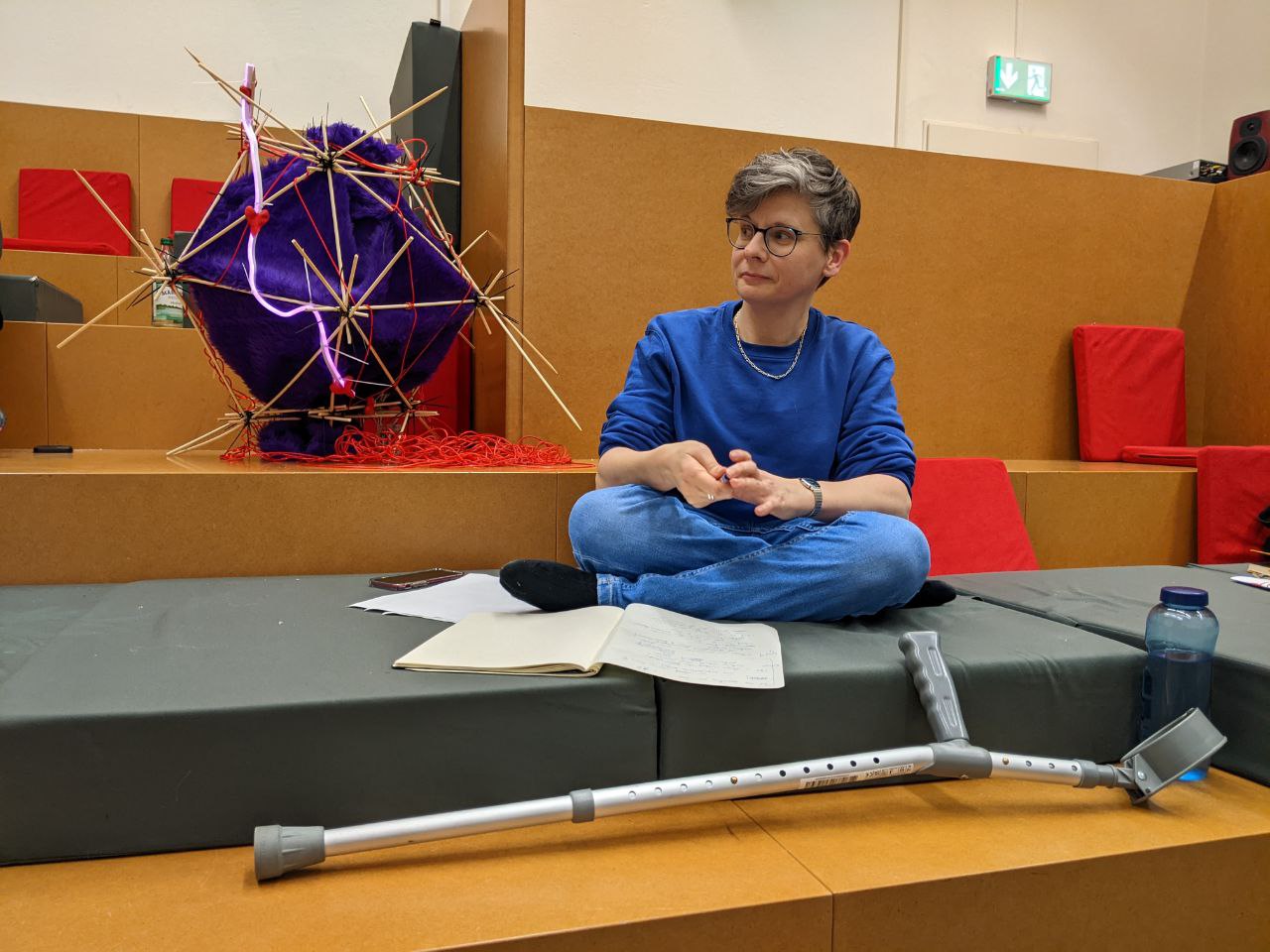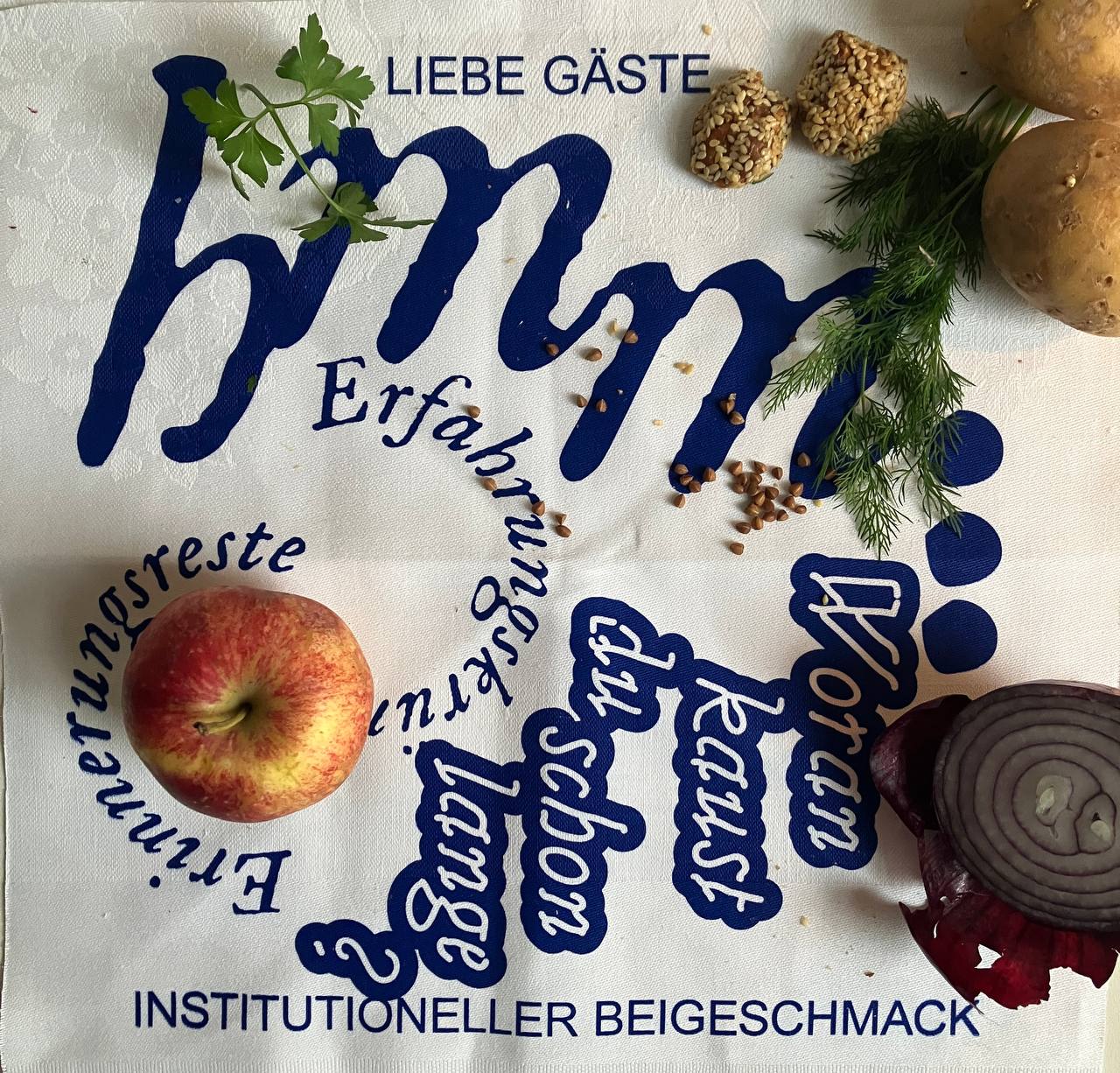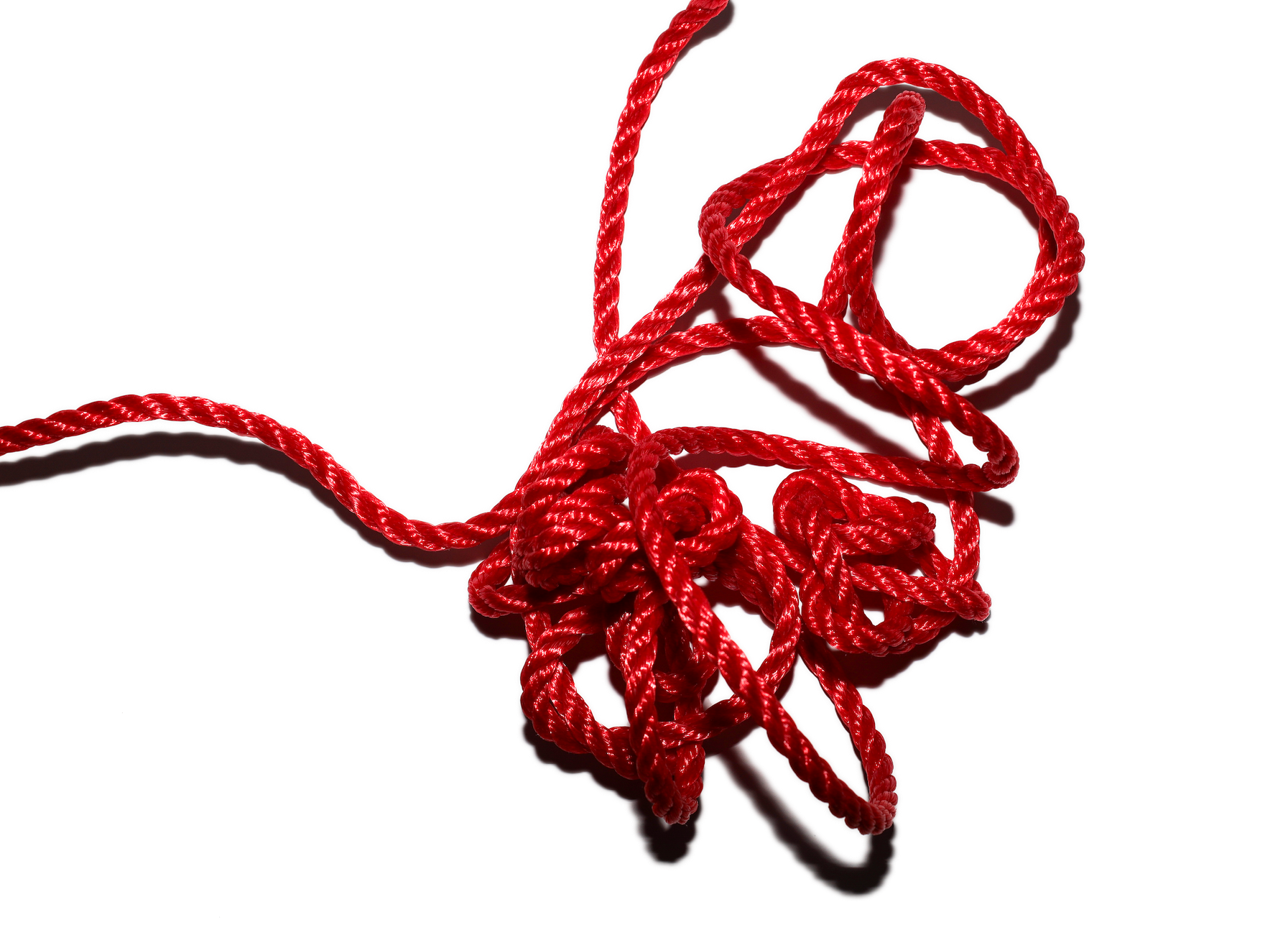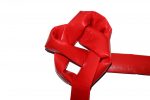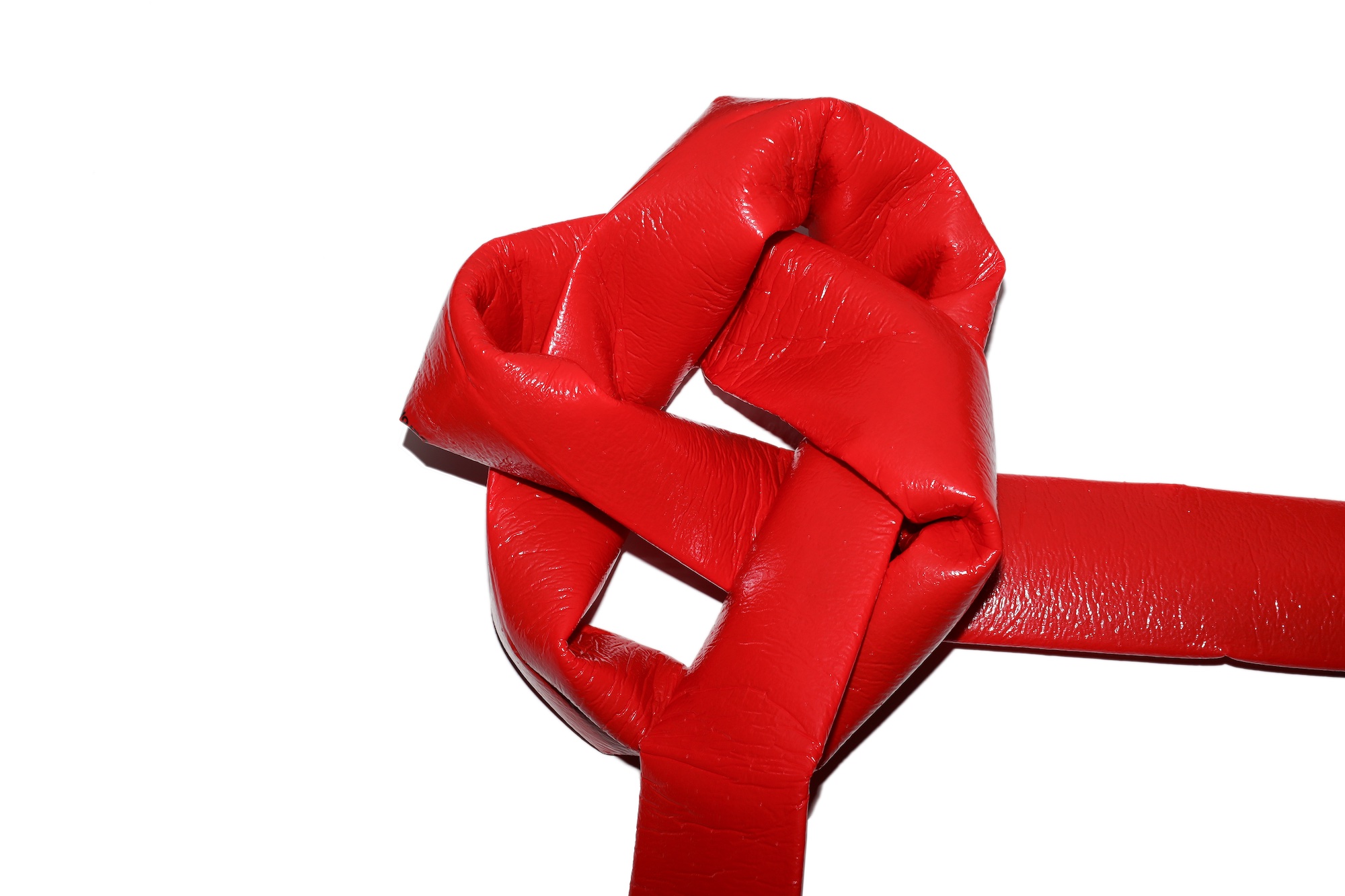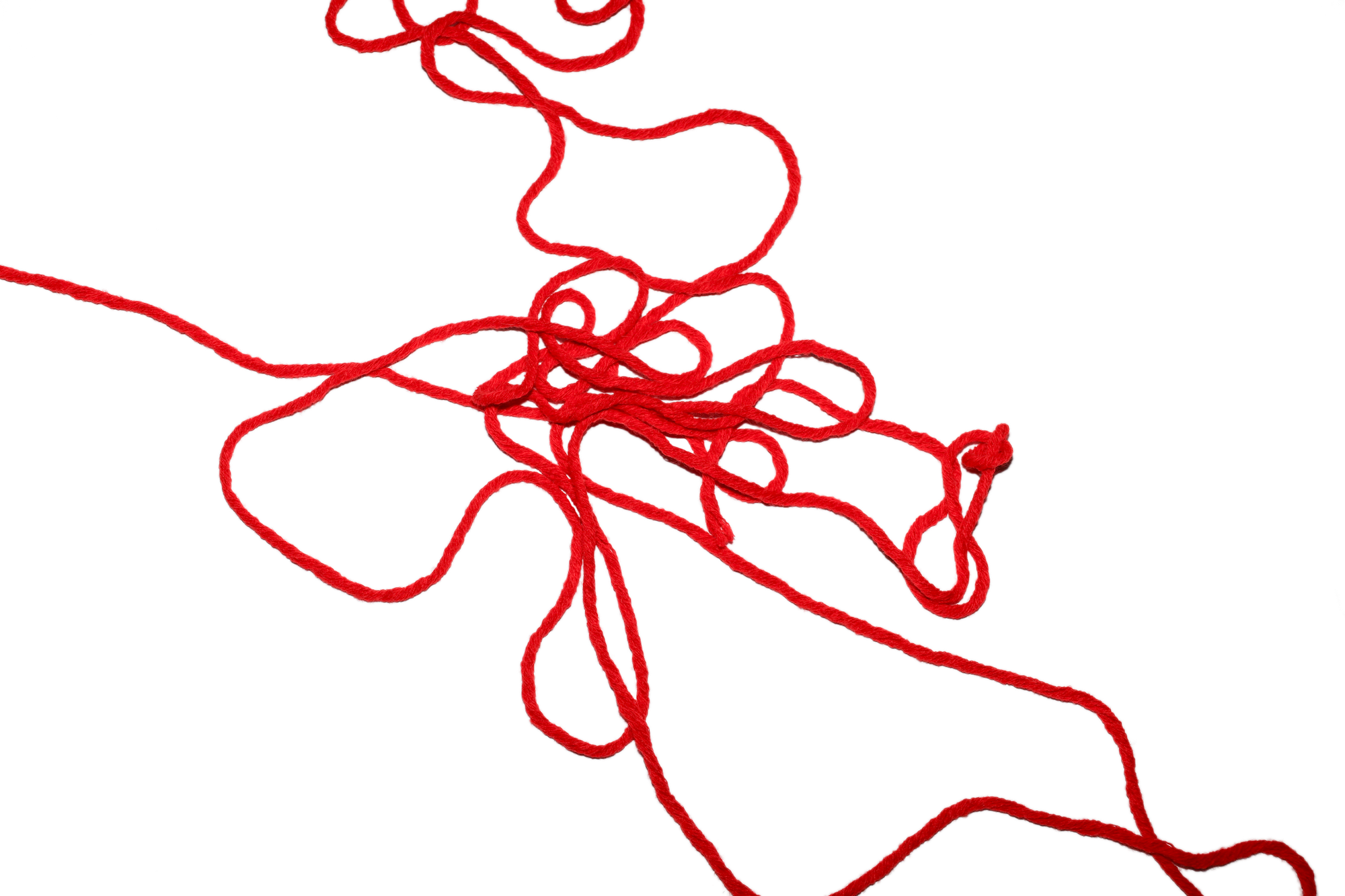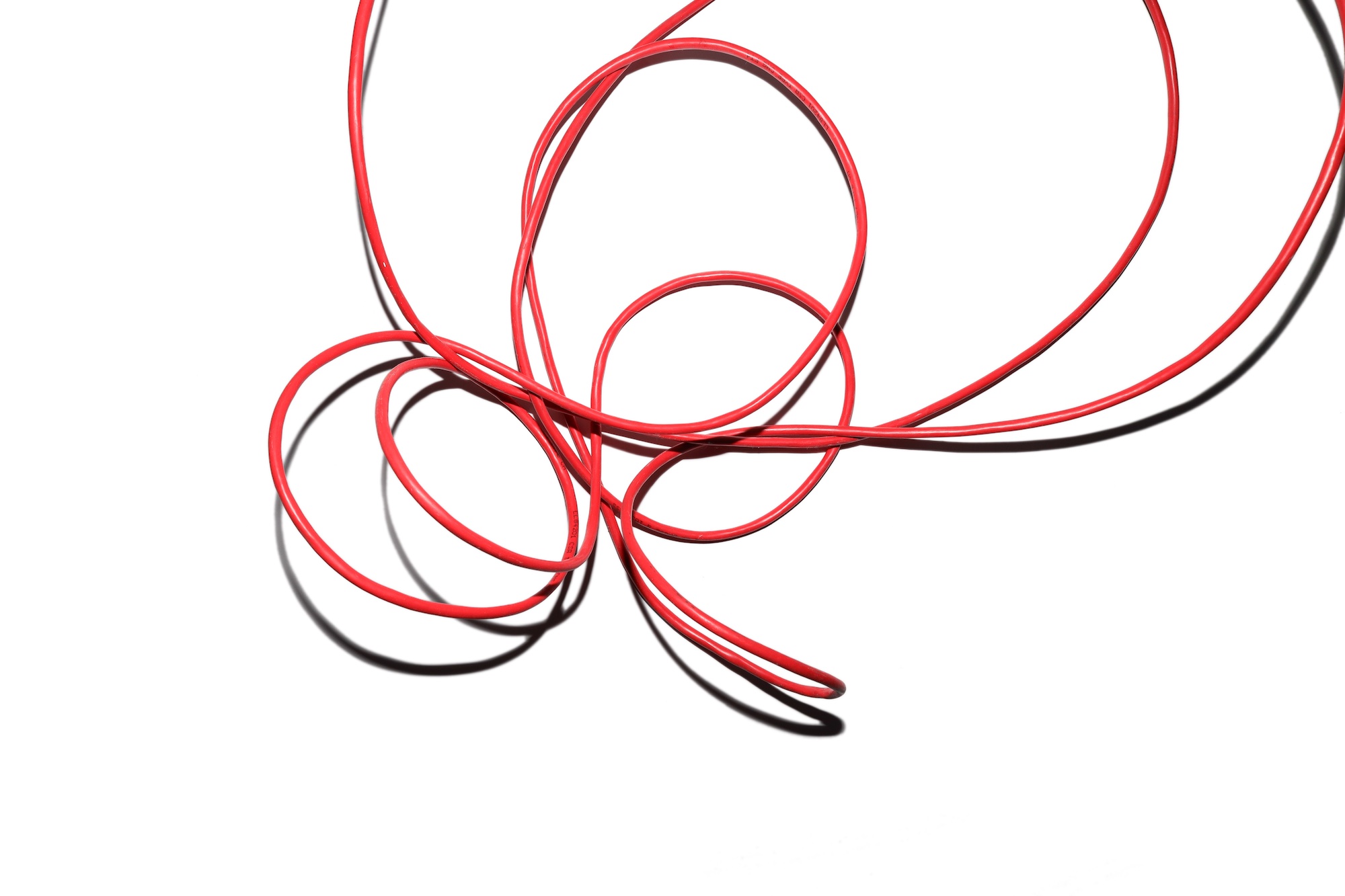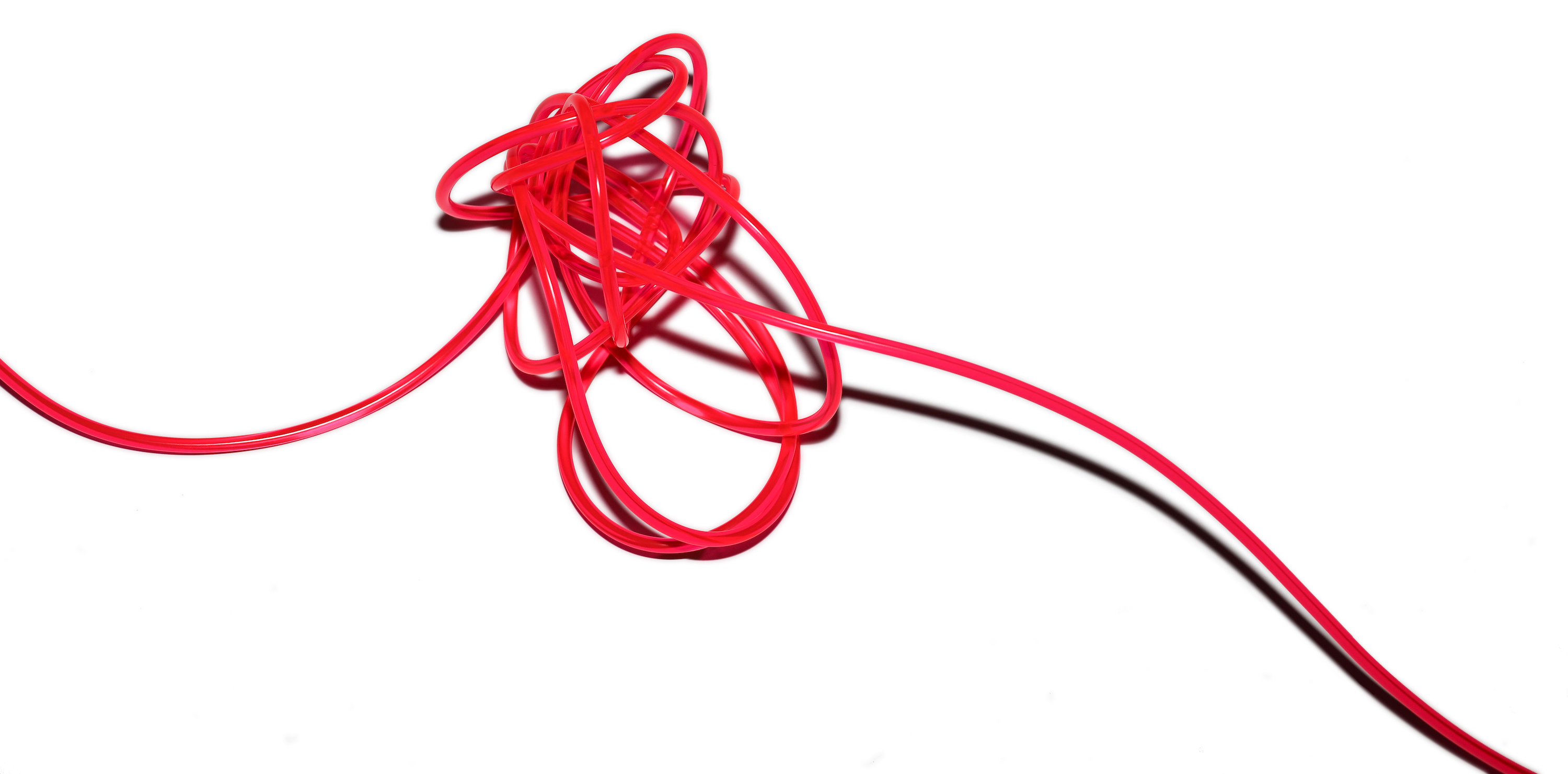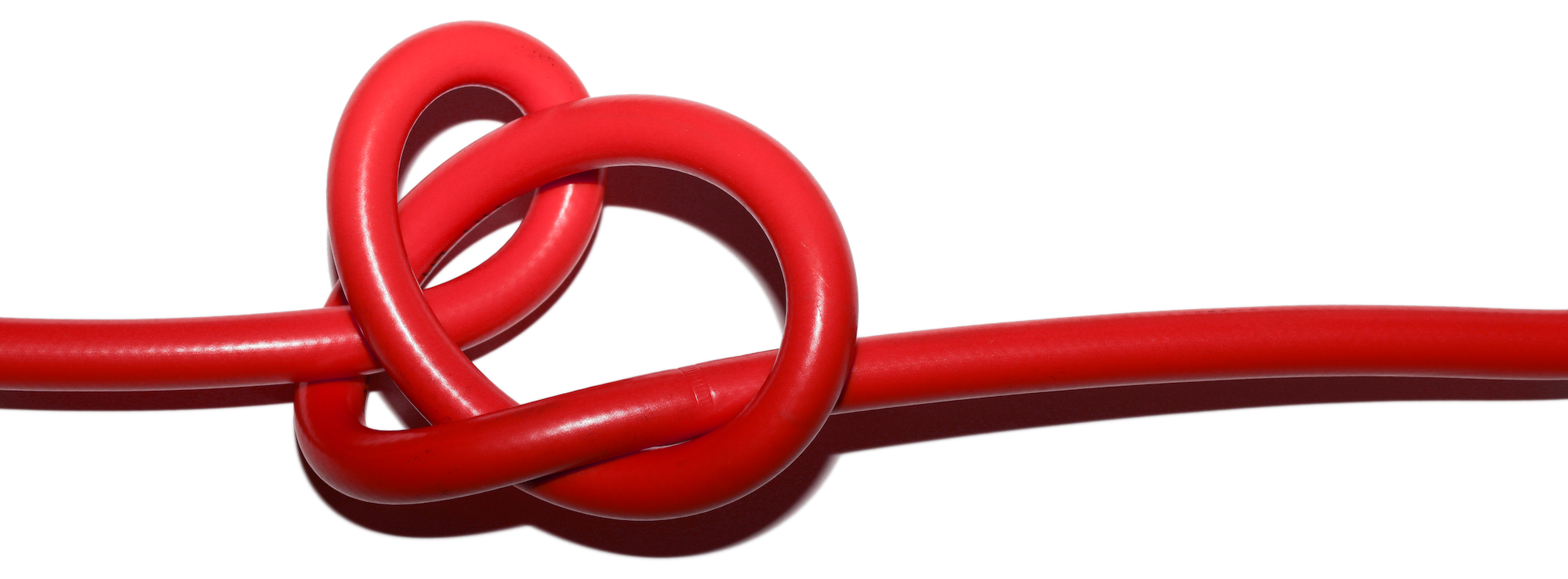There is no translation available for this text.
Category: Unlearning University
unlearninguniversity
There is no translation available for this text.
There is no translation available for this text.
There is no translation available for this text.
There is no translation available for this text.
The symposium is open to the public.
No registration required unless otherwise stated. Registration closed.
Languages: The event will be held in German and English spoken language and German sign language (DGS).
The languages offered are listed under the panels and workshops.
Venues: Berlin University of the Arts, Grunewaldstr. 2–5, 10823 Berlin, Wednesday evening: Bundesallee 1–12, 10719 Berlin, Joseph-Joachim-Saal
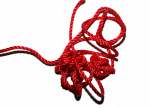
The symposium gathers members of the UdK Berlin and international guests. It invites to share and discuss anti-discriminatory knowledges and transformative artistic practices. Based on the Critical Diversity Policy that the UdK Berlin has adopted, the focus is on three aspects: We ask about access to the arts and accessibility to the study of the arts. We will address processes of canonization and the necessity of canon critique. And finally, we consider which methods of teaching and learning, of aesthetic evaluation and judgment we practice and which we want to practice.
PDF of the programme booklet: Unlearning-programme_english
Information on accessibilty
Abstracts and CVs
Spaces for Collective Echoes
Wednesday, 7/2/24
7.30 pm
Concert Musica inaudita Fokus Lateinamerika
Bundesallee 1-12, 10719 Berlin, Joseph-Joachim-Saal
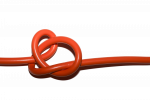
Thursday, 8/2/24
Admission 9.30 am, Grunewaldstr. 2–5, 10823 Berlin
10 am Opening
Welcome Ariane Jeßulat (Vice President UdK Berlin)
Introduction: Kathrin Peters (UdK Berlin)
Invitation to Spaces for Collective Echoes by the Echo Space Collective
in German spoken language and German Sign Language
Aula
11 am – 12.30 pm Panel
Tools of the Trade: Building Diversity infrastructure in Theatre Institutions
with Joy Kalu (UdK Berlin), Merle Grimme (Clashing Differences), Julia Wissert (Theater Dortmund)
Moderation: Karina Griffith (UdK Berlin)
in German spoken language and German Sign Language
Aula
Lunch break
2–7 pm Workshops
Workshop 1: Critical.Costume: Memes für Self-Empowerment
in German spoken language
Room 103
Workshop 2: Echo Room Invitation to Unlearn, mini-performance workshop by and with Alisa Tretau
in German spoken language
Galerie, 2.45–3.30 pm
Break
5.30–7.30 pm Workshops
Workshop 1: Conversations on Care & Access with Angela Alves and Claire Cunningham
in English spoken language and German whispered translation
Room 6, please register and let us know your access needs
Workshop 2: Institutional Aftertaste with Destina Atasayar, Lu Herbst, Lucie Jo Knilli, Charlotte Perka and Lioba Wachtel
in German and English spoken language
Room 101, please register and let us know your participation needs, allergies, or questions
Friday, 9/2/24
Admission 9 am, Grunewaldstr. 2–5, 10823 Berlin
9.30–11.30 am Panel
The Self-Evident Nature of Classism at Art Schools. How can we avoid exclusion if it is constitutive?
with Ruth Sonderegger (Akademie der bildenden Künste Wien) and Sophie Voegele (Zürcher Hochschule der Künste) and „Wir müssen Ihnen leider mitteilen …“
Moderation: Elena Meilicke
in German spoken language and German Sign Language
Aula
Break
12–12.30 pm Echo Space
Embody unlearning: Deep Tissue, a participatory self-massage workshop by and with Zaidda Nursiti Kemal
in English spoken language, German written language, German Sign Language (GSL)
Aula
12.30–2 pm Panel
Unlearning with Juana Awad, Julian Bauer, Maja Figge and Rena Onat
in German and English spoken language, German Sign Language
Aula
Lunch break
3–6 pm Workshops
Workshop 1: World Café on Critical Diversity Policy
organized by Alejandra Nieves Camacho and Mathilde ter Heijne (both UdK Berlin)
in German and English spoken language
Aula
Workshop 2: Soundscapes of Institutional Learning
with Jakob* from Gather collective
in German spoken language (bilingual friendly)
Room 6, please register: unlearning@udk-berlin.de
Break
6.30 pm Echo Space
Wht th fck&Tenderness – Zine and Print Workshop with Silent Dinner: for deaf, hard of hearing and hearing guests by and with Mudar Al-Khufash, Barbara Bielitz, Xenia Dürr, Judith Greitemann, Ximena Gutiérrez Toro and Zoë Sebanyiga
Gallery, with registration: please send an email with your name, access requirements and questions/comments
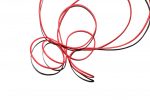
Saturday, 10/2/24
Admission 10 am, Grunewaldstr. 2–5, 10823 Berlin
10.30 am –12.30 pm Panel
Racism-critical perspectives on music-related fields and study programs at the UdK Berlin
Daniele G. Daude (The String Archestra): The Myth of Opera Analysis – For a Situated Opera
Johannes Ismaiel-Wendt (Universität Hildesheim): Von Vorsingen und prekären Bretterbuden
Maiko Kawabata (Royal College of Music, London / Open University): The New ‘Yellow Peril’ in Western European Symphony Orchestras
organized by Isabelle Heiss, Johann Honnens and Christine Hoppe (all UdK Berlin)
in German and English spoken language with English whispered translation
Aula
Lunch break
1.30–3.30 pm Forum and Panel
Forum: Racism-critical perspectives on music-related fields and study programs at the UdK Berlin with Daniele Daude, Johannes Ismaiel-Wendt and Maiko Kawabata
Moderation: Tsepo Bellwinkel Keele
in German and English spoken language with English whispered translation
Rooms 103
Panel: Questions towards the Logics of Canonization in Art and Design Histories
Işıl Eğrikavuk (UdK Berlin): How to collaborate? Building dialogues, co-creation, interconnectedness
Mahmoud Keshavarz (Uppsala Universitet): In Search of Makers in Police Archives: Two Snapshots from Unlearning Histories of Making
Carolin Overhoff Ferreira (Unifesp, São Paulo): How can art be decolonized in theory and practice?
Moderation: Miriam Oesterreich (UdK Berlin)
in English spoken language
Aula
Break
4–4.30 pm Echo Space
Echo Space Embodying Unlearning: participatory-somatic-performance with Lisa Siomicheva
German spoken language, German Sign Language
4.30–7 pm Echo Space Workshop
The Tender & Tentacular Oracle – A workshop by Sickness Affinity Group members Frances Breden and Stassja Mrozinski
Gallery; with registration: please send an email with your name, access requirements and questions/comments
“Unlearning (University)” is an ongoing collective learning process. It involves somatic transformations of the power relations we embody. The symposium Unlearning University builds on decades of often invisible work by positions that remain mostly excluded from the university. Spaces for collective echoes accompany the symposium as participatory formats. They invite multi-perspective, resistant and caring echoes as forms of collective evaluation. They offer space for love letters as well as for the expression of dissent. It is about learning processes that extend beyond the symposium. From the perspective of anti-discriminatory and critical art education, the following questions will be asked: What needs to be emphasized or repeated? What is neglected or missing? The echoes will be collected in an online zine by the tender and tentacular Wht-th-fck oracle. The oracle is a ravenous and voracious being. It lives in Echo Space, a portal that opens to futures that are less violent. The oracle is greedy for participants’ experiences of critical diversity and (un)learning at university and in life. It is greedy for the echoes of the participants on Unlearning University, their messages, questions and concerns.
The Spaces for Collective Echoes are the responsibility of the Echo Space Collective. It consists of students and teachers from the Institute for Art in Context as well as members of the Sickness Affinity Group. The collective shares an interest in anti-discriminatory practices between art, education and activism.
The following formats are planned:
- Echo Space First feeding of the oracle: To kick off the symposium, the tender and tentacular Wht-th-fck oracle will be fed with wishes, visions, fears, hopes, anxieties of the participants regarding Unlearning University.
When: Thursday, 8/2/24, between 10 and 11 am
Where: Aula
Languages: spoken German, GSL
- Echo Space Further feedings of the oracle: The tender and tentacular Wht-th-fck oracle is hungry for echoes on the contributions from participants after all symposium contributions. What is particularly important to you? What needs to be emphasized? What touches you? What makes you angry? What is missing? The tender and tentacular Wht-th-fck oracle feeds the echo chamber with the echoes. There, echoes are digested, regurgitated, excreted and prepared for future “unlearning”. They can become part of the Echo Space online zine.
When: after all symposium contributions
Where: Echo Space in the gallery
Languages: spoken German and English, GSL
- Echo Space Invitation to Unlearn: mini-performance workshop by and with Alisa Tretau. The workshop opens the Echo Room/Gallery.
How do visitors to the symposium understand the practice of “unlearning” and what experiences have they already had with it? What feelings and hopes does the event touch on and what would an unlearned university actually look like? These and many other questions will be negotiated performatively in the mini-workshop with games, statements and wigs.
When: Thursday, 8/2/24, 2.45-3.30 pm
Where: Echo room in the gallery
Languages: spoken German, whispered translation to spoken English if required
- Echo Space Embodying Unlearning: Deep Tissue. A participatory self-massage workshop by and with Zaidda Nursiti Kemal
When: Friday, 9/2/24, 12-12.30 pm
Where: Aula
Languages: English spoken language, German written language, GSL
- Echo Space Wht th fck&Tenderness – Zine and print workshop with silent dinner: for deaf, hard of hearing and hearing guests by and with Mudar Al-Khufash, Barbara Bielitz, Xenia Dürr, Judith Greitemann, Ximena Gutiérrez Toro and Zoë Sebanyiga.
In this format, pressure can be released or built up, love letters can be written and much more. It is a culinary silent format that does not involve spoken communication. Cooking and eating are important forms of community building as well as for unlearning exclusion mechanisms at the table (dinner table syndrome).
When: Friday, 9/2.´/24, from 6:30 pm
Where: Echo room in the gallery
Participants: 25 (with registration)
Please send an e-mail with your name, access requirements and questions/comments to fantastische_gruende@posteo.de by February 7th at the latest. Subject: Wht th fck&Tenderness
Languages: spoken and written German, GSL
- Echo Space Embodying Unlearning: participatory-somatic-performance with Lisa Siomicheva
When: Saturday, 10/2/24, 4 pm
Where: Echo Space in the gallery
Languages: spoken German, GSL
- Echo Space The Tender & Tentacular Oracle: A workshop by Sickness Affinity Group members Frances Breden and Stassja Mrozinski. In this workshop, the oracle-with-tentacles will collect your questions. These will be answered collectively. This workshop was inspired by the Sickness Affinity Group’s oracle format.
When: Saturday, 10/2/24 from 4.30-7 pm
Where: Echo room in the gallery
Participants: 20 (with registration)
Please send an email with your name, access needs and questions/comments to fantastische_gruende@posteo.de by February 7th at the latest. Subject: The tender & tentacular oracle
Languages: German spoken language, German written language, GSL
Echo Space Collective
Mudar Al-Khufash’s work operates at the intersection of cultural studies and art. He is the founder and editor of awham magazine, an anti-orientalist, cultural and political publication. Drawing on queer and feminist theories and a post-human perspective, Mudar articulates his diasporic experience as a Palestinian and develops an auto-theory based on this identity, which he communicates through a mixture of word, video and performative output.
Frances Breden is a curator, artist and editor. She is dedicated to community-oriented and collective art making in digital and IRL spaces.
She is one sixth of the queer feminist art collective COVEN BERLIN (since 2014). Frances was a founding member of the Sickness Affnity Group in 2017, a support and resource group on accessibility, disability and illness. Frances’ latest collective is called Complainers and Killjoys and offers workshops on memes as a form of institutional critique.
Xenia Dürr is a photographer and activist. She loves philosophizing about attitudes towards languages and confronting people with socially critical issues, especially audism.Xenia wants to use photography to raise awareness and encourage people to engage with and question these issues. In addition, Xenia regularly gives workshops critical of audism – mainly in the cultural sector – to sensitize hearing institutions to a conscious approach to working with deaf people and artists.
Danja Erni is rehearsing slowness and enjoys spending time with plants. She* likes different ways of getting in contact and exchanging ideas and learns to do so in spoken or written language, with signs, emotions, in movement and through touch. She* deals – mostly in teams – with questions of discrimination critique and intersectionality between art and education from a critical white, queer-feminist and anti-ableist perspective.
Ximena Gutiérrez Toro carries her time within herself and makes many mistakes. She is a visual artist with experience in art education, art pedagogy and graphic design. She is interested in developing creative projects that bring a critical perspective and promote the unlearning of social constructions.
Judith Greitemann deals with the representability and mediation of human body perceptions/expressions in the field of tension between art and medicine from an anti-ableist and queer-feminist perspective. Judith works cinematically and performatively with aesthetics of accessibility. Judith sees the personal and subjective as a resource and starting point for her collective practice.
Simon Noa Harder is a water rat and a friend of molluscs, is committed to trans*formative spaces, preferably intersectional, community-based and collective with DIY charm and glitter. They operates at the intersections of cultural-political education, art/performance, critical trans* studies, embodied social justice and somatic work. Researches the trauma-informed reclaiming of neuro-queer bodyminds, the trans*formation of shame and the embodiment of pleasure.
Zaidda Kemal asks many questions about the word “being” (the being, the essence, the beingness, the creature). Well-being is one of them. With bodywork, she wants people to tell their well-being and the story of their politicized body.
Nastassja Isabelle Mrozinski is a designer and researcher. Stassja is interested in how different bodyminds and other material-semiotic actors interact, as well as their intertwined power relations and histories. As a member of the Sickness Affinity Group, Stassja helps organize self-help group meetings and participatory artistic formats with a focus on relearning ableism and practices of access design.
Zoë Sebanyiga feels most comfortable in spaces of reflection. Needle, thread and textiles are her tools to overcome or tear down social walls. Her work as a dressmaker and fashion designer, costume designer and anti-racism speaker questions discriminatory structures and aims to provide strength for a path that is critical of discrimination.
Lisa Siomicheva works with documentary-based and site-specific art, with communities and their narratives. Through various media such as photography, video, theater, performance and installation, she often works with personal and collective memories, collects stories and fantasies, browses through archives and uses observation and reflection to develop new embodied forms of reflection.
Alisa Tretau believes in the community as a motor of creative transformation and practices theatrical subversions of everyday power structures. Whether as a director or performer, author or workshop leader – she deals, preferably improvised and interactive, with issues that performatively draw together the private and the political, most recently with cognitive dissonance in the face of the climate crisis and emancipatory practices in the context of parenthood.
Wednesday, 7/2/24
Thursday, 8/2/24
Friday, 9/2/24
Saturday, 10/2/24
Wednesday, 7/2/24
Musica inaudita focus Latin America
The concert culture we know arose in Europe in the 19th century and with it a canon of Western art music that is still taught, played and listened to today. 76% of the works played by orchestras worldwide are by dead white men (Donne Report 2022). We want to change that. In this concert we focus on contemporary Latin American music that is feminist and climate policy oriented. This music is influenced by old techniques, everyday and natural sounds as well as electronic music.
Musica inaudita
is a student initiative at the UdK Berlin. Among other things, we organize concerts with music by artists who are not included in today’s canon due to various reasons of discrimination such as gender, race, sexual identity, disability or religion.
Thursday, 8/2/24
Tools of the Trade: Building Diversity infrastructure in Theatre Institutions
In 2018, Julia Wissert and Sonja Laaser (lawyer and dramaturge) drafted the Anti-Racism clause (www.antirassismusklausel.de). The clause is a tool to protect those involved in a contractual relationship from racist remarks and attacks by employees of the client. Julia Wissert, Joy Kalu, Merle Grimme and Karina Griffith discuss this and other concrete examples of active intervention in German theatre and film institutions. How can we design instruments in our arts practice the protect and encourage diverse approaches and perspectives? What tools can we craft to build sustainable diversity in art structures?
Joy Kristin Kalu
is a dramaturge and curator for international performing arts and has a doctorate in theater studies. Most recently, she worked as a senior dramaturge at the Berlin Sophiensaelen (2017-2023). She is currently teaching as a visiting professor for performative arts at the Berlin University of the Arts.
Merle Grimme
is a screenwriter, director and producer. Merle Grimme’s graduation project from the HFF Munich, the mini-series Clashing Differences, was nominated in all categories of the New German Cinema Award (Best Director, Best Production, Best Screenplay, Best Acting Performance). Merle Grimme won the award for Best Screenplay, as well as the Big Audience Award at the First Steps Awards.
Julia Wissert
is the current director of the Schauspiel Dortmund. In 2023, Wissert was a guest professor in the Institute for Art in Context in the visual arts department at the Berlin University of the Arts.
Karina Griffith
is a visual artist, film programmer and curator with a doctorate in cinema studies. She is currently lecturer for media theory and practice at the Institute for Art in Context at the Berlin University of the Arts.
Critical.Costume: Memes for Self-Empowerment
In our workshop we would like to talk about our artistic practice as costume makers and think with you about what mutual empowerment could look like. We would like to network with you and discuss what developments you would like to see in the theater and film industry or other artistic fields. Hear what your working reality as a cultural worker looks like and what similarities and differences there are. Memes are a concrete way in which we collect experiences from costume designers and make the absurd situations of everyday work visible. We want to create memes with you that shows what costume creators are confronted with every day.
In German spoken language (bilingual friendly)
Institutional Aftertaste
Critically engaging with institutions like art schools while studying and working in them can raise contradictions that are difficult to digest. In a multi-sensory exchange, we want to let these ambivalences melt in our mouths during a shared table conversation accompanied by bittersweet, crunchy, and sticky morsels. Participants: 20 (with registration)
German and English spoken language (as required)
Contact us by email to let us know your participation needs, allergies, or questions: hello@newschool-summerschool.org
Destina Atasayar, Lu Herbst, Lucie Jo Knilli, Charlotte Perka and Lioba Wachtel
collectively organize artistic exchanges about institutional exclusion, student unity, and utopias for learning. Their work is based on experiences as (former) students of the UdK Berlin, the HfBK Hamburg, Burg Halle, and the University of Vienna. The collaboration developed out of cooperation between the collectives Eine Krise Bekommen and In the Meantime.
www.newschool-summerschool.org / www.einekrisebekommen.xyz / www.in-the-meantime.net
Conversations on Care & Access
In this mini-workshop we, Claire and Angela, will first talk to each other and then with you about the topics of care and access. The starting point for the conversations are two short texts that we would like to share with you. Reading the texts is not a prerequisite for participating in the workshop. Between the conversations, we will offer a small rest practice.
– Critical Diversity Policy. Strategy for Antidiscrimination & Diversity Berlin University of the Arts, Chapter 2.6 Accessibility at/of Arts Universities, Universität der Künste Berlin, 2023.
– Claire Cunningham: “Equations of Care & Responsibility”, in: Danceolitics, ed. by Simone Willeit and Kasia Wolińska, Uferstudios GmbH, Berlin 2022.
In Englisch spoken language with German whispering translation
Please register and let us know your access needs: unlearning@udk-berlin.de
Claire Cunningham
is the newly appointed Professor of Choreography, Dance and Disability Arts based at HZT and a performing artist and choreographer. Her research is concerned with Crip Techniques of disabled dance artists, Aesthetics of Access and practices of care.
Angela Alves
is Claire Cunningham’s artistic collaborator in the newly established Choreography, Dance and Disability Arts department at HZT Berlin. Her artistic work is profoundly informed by the nature of her lived reality as a chronically sick woman.
Friday, 9/2/24
The Self-Evident Nature of Classism at Art Schools
How can we avoid exclusion if it is constitutive?
Exclusions and discrimination at art schools operate intensely through classism, although almost always in an intersectional connection with other forms of discrimination. Results from the study „Art.School.Differences“ (2016) confirm institutional normativity in regards to class background. A look at the historical establishment of art schools shows that their existence has been based on classism from the start. In the first part we would like to explore what this means for members of the institution today. In a second part, we will discuss the possibilities of a more open and accessible art school based on reimagining rejection letters.
In German spoken language and German Sign Language
Ruth Sonderegger
is professor of philosophy and aesthetic theory at the Academy of Fine Arts Vienna. Her current work focuses on: the constitution and history of Western philosophical aesthetics (in the context of racial capitalism), practice theories, cultural studies, critical theories and resistance research.
Sophie Voegele
is a research assistant and teaches at the Zurich University of the Arts. One of her focuses includes institutionalized mechanisms of inclusion and exclusion from a feminist-postcolonial perspective (see here). Current projects focus on cultural participation and sustainability as well as representation.
Destina Atasayar, Lu Herbst, Lucie Jo Knilli, Charlotte Perka and Lioba Wachtel
collectively organize artistic exchanges about institutional exclusion, student unity, and utopias for learning. Their work is based on experiences as (former) students of the UdK Berlin, the HfBK Hamburg, Burg Halle, and the University of Vienna. The collaboration developed out of cooperation between the collectives Eine Krise Bekommen and In the Meantime. www.newschool-summerschool.org / www.einekrisebekommen.xyz / www.in-the-meantime.net
Elena Meilicke
is a research assistant for media theory at the UdK Berlin. With a doctorate on paranoia as media pathology; she is currently working on the knowledge, media and cultural history of resilience and on filmic auto-sociobiographies.
Unlearning
The panel brings together some editors and authors of the recently published volume Decolonizing the Arts. Aesthetic practices of learning and unlearning (Fink Verlag, 2023), which, among other things, emerged from the contributions to a series of lectures at the UdK Berlin that took place in the winter semester of 2017/18. Based on this, we will talk together about the concept and practices of unlearning at the art university.
In German and English (as required) and German Sign Language
Juana Awad
studied semiotics, theater studies, media art and curatorial cultures. Her main interests are the intersections of knowledge production and aesthetic practices; as well as the political potential of the presentation of art and culture. She is currently researching and teaching at the Weißensee Academy of Art in Berlin.
Julian Sverre Bauer
recently completed his dissertation project “Racialization as a technology of moving images” at the UdK and most recently worked at the HBK Braunschweig. In addition to media studies issues, he is particularly interested in science and technology studies, post+colonial studies and queer theory.
Maja Figge
is a cultural and media scientist and lives in Berlin. Her work focuses in particular on intersectional gender/queer media studies, postcolonial media theories, and transnational moving image media. She is co-editor of the volume Decolonizing the Arts. Aesthetic practices of learning and unlearning (transcript 2023).
Rena Onat
is an art and media scientist and is interested in queer of color criticism in visual culture. She positions herself as a German-Turkish femme and recently completed her doctoral thesis on the subject of “Queer Artists of Color. Negotiations of disidentification, survival and un-archiving in the German context” concluded. She worked as a research assistant at the Institute for Media Studies at HBK Braunschweig and at the Helene Lange Kolleg Queer Studies and Intermediality: Art – Music – Media Culture at the University of Oldenburg. Since 2023 she has been the full-time women’s representative at the Weißensee Kunsthochschule Berlin. She also teaches, lectures and workshops on art, empowerment and anti-discrimination and likes horses.
World Café on Critical Diversity Policy
Organizsation: Alejandra Nieves Camacho and Mathilde ter Heijne
We would like to invite participants to exchange views on the six central fields of action of the Critical Diversity Policy and the Code of Conduct through discussions and personal encounters in alternating small groups. The aim is to promote interdisciplinary discussions on the way to the implementation of the Critical Diversity Policy. New knowledge and new ideas are more likely to emerge when relevant future issues are addressed together. Participants can choose the topics and issues relevant to them depending on their personal interests.
In German and English spoken language
Soundscapes of Institutional Learning
Where is the access to one’s own voice and how does it become audible? In the workhop, we identify body parts that are connected to university or school experiences and translate them into sound and text surfaces. Microphones, beats and effects equipment are available. Our improvisations focus on free experimentation beyond “right” and “wrong”.
In German spoken language (bilingual friendly)
Jakob* from the collective Gather
is performer with a focus on body, voice, digital performance. Part of the band collective “Die Schlangenknaben”, classical music from a queerfeminist perspective.
Gather is a participatory project with a shared intersectional interest in art/music and collective low-hierarchy learning.
Saturday, 10/2/24
Racism-critical perspectives on music-related fields and courses of study at the UdK Berlin
Organization: Isabelle Heiss, Johann Honnens and Christine Hoppe
Based on the three starting points of the symposium, canon critque–accessibility–methodologies, this section will look at music-related fields from a racism-critical and intersectional perspective. After three keynote speeches by Maiko Kawabata, Daniele Daude and Johannes Ismaiel-Wendt, the section will culminate in a discussion forum led by Tsepo Bollwinkel, which will focus on an exchange about exclusionary structures and “unlearning processes” in the music-related degree programs at the UdK Berlin.
Johannes Salim Ismaiel-Wendt: About auditions and precarious shacks
In this talk I reflect on my attempts at “dissonant participation” (Hark 2005) in the institutionalized hype of decolonization. I ask why I have the feeling that I always only build “provisional shacks” (Hark 2005: 370) in the established “institutions of knowledge” (Kretschmann, Pahl, Scholz 2004). Does this also have to do with the squares, universities, museums, etc. on and in which I or we build? Is it perhaps a good thing to continue to only place temporary constructions? Who will actually let me audition, when I do not have access to a reasonably viable material infrastructure? What deals do I agree to in order to be able to build small rehearsal rooms for fantasies of freedom from domination?
In German spoken language with English whispering translation
Johannes Salim Ismaiel-Wendt
is Professor for Music Sociology and Popular Music Studies at the University of Hildesheim, Germany. He is the author of tracks’n’treks. Populäre Musik und Postkoloniale Analyse (2011), post_PRESETS. Kultur, Wissen und populäre MusikmachDinge (2016), the editor of Postcolonial Repercussions (2022 with Andi Schoon) among others. Ismaiel-Wendt is a founding member of the collective ARK [Arkestrated Rhythm Komplexities], a collective for post-representative sound lectures and installations on globally entangled histories of music, sampling cultures and drum machines. ARK presents its work in diverse exhibitions and live sessions.
Daniele G. Daude: The myth of opera analysis – for a situated opera
As a sub-area of musicological analysis, opera analysis is still largely understood and taught as opera music analysis in German-speaking countries. The focus is on the description and interpretation of the individual elements and their relationship to each other. More than in other European countries, German opera research is based on the sharp distinction between “the musical” and “the non-musical” (Hanslick, 1875). Firstly, this means that opera analysis is reduced to the realisation (not the performance) of logocentric elements (music texts, libretti, letters, etc.), which secondly explains the scenic elements as an executive realisation of the work (Dahlhaus, Danuser). Thirdly, this leads to opera researchers never recognising their ideological and cultural influences as well as their social positioning as elements of the analysis and presenting their work as universal, objective and a-historical. With the study of critical musicologists and theatre scholars in recent decades, this belief has been questioned and has provided several alternatives for new techniques and methods of opera analysis. My contribution raises the question of how to deal with ideologically charged material, the criteria of opera analysis and a critical systematic with a pedagogical purpose.
Daniele G. Daude
is a French-German scholar and dramaturge. Already during their music studies, Daniele G. Daude founded and conducted choirs and string ensembles. After graduating with honours in music from the Conservatoire National (Aubervilliers region), Daniele G. Daude completed their doctorate in theatre studies at the Freie Universität Berlin in 2011, specialising in performance analysis, and in musicology at the Université Paris 8 in 2013, specialising in opera analysis. Since 2008 Daniele G. Daude has been teaching at German and French universities. 2013-2015 Daniele G. Daude is Visiting Professor of Performing Arts at the Campus Caribéen des Arts (Martinique). 2016-2022 Daniele G. Daude is Maître* de Conferences for Aesthetics and Philosophie. In the same year, Daniele G. Daude founded the ensemble The String Archestra to perform works by Black, Indigenous and PoC composers that have been erased from a canonical musical historiography and a standardised concert repertoire. In 2021, The String Archestra received the TONALi Award for their longstanding work. Daniele G. Daude has been working as a dramaturge for concert, opera and theatre since 2016.
Maiko Kawabata: The New ‘Yellow Peril’ in Western European Symphony OrchestrasClassical Music Performance
The ‘Yellow Peril’ – a term referring to the historical racist phobia of invasion by foreigners, specifically East Asians – also describes a current problem among professional Western European orchestras. My interviews with ethnically Chinese, Japanese, Korean, and Taiwanese musicians reveal that bullying, microaggressions, and discrimination occur in a range of settings from conservatoires to auditions, rehearsals, concerts, and tours. The reasons why the pervasive stereotypes of the soulless automaton or the perpetual outsider persist ultimately appear to be structural: the deeply entrenched Eurocentric hypocrisy that the ‘universal’ language of classical music belongs exclusively to white people reflects a white supremacist ideology. While U.S. scholars (Mari Yoshihara, Mina Yang, Grace Wang) have documented racism against East Asian and Asian-American classical musicians, Yellow-Perilism in Berlin, London or Vienna has received less attention in academic literature. To acknowledge existing inequality is a necessary first step if the sector is to become truly more diverse and inclusive.
Maiko Kawabata
(Reader in Music at the Royal College of Music and Staff Tutor in Music at the Open University) is an award-winning musicologist and professional violinist. She is the author of Paganini, the ‘Demonic’ Virtuoso and a co-editor of Exploring Virtuosities: Heinrich Wilhelm Ernst, Nineteenth-Century Musical Practices and Beyond. Her research interests include performance history, performance studies, gender studies, music and race. Maiko’s research into Japanese composer Kikuko Kanai was supported by the BBC and AHRC. She has played violin in orchestras and chamber ensembles throughout the UK, USA, and Germany.
Tsepo Bollwinkel Keele
thinks, writes and speaks about racialized identities and whiteness and the politics of the global majority – and at the same time is the first solo oboist at a German city theater in its 35th season, which is why a power-critical view of the cultural sector is a focus of her work.
Questions towards the Logics of Canonization in Art & Design Histories
The logics of canonization in art and design history for what is considered relevant in teaching, research and curating are deeply rooted in the longue durée of the respective disciplines (19th century for art history and early 20th century for design history). The panelists are theorists, practitioners, and both who challenge these Eurocentric logics from different perspectives in a methodological effort to diversify, pluralize, de-hierarchize, and decolonize the structures of canonization processes. The panel seeks to gather, focus and discuss approaches to critical and more inclusive ways of dealing with the canonical legacies of art and design history in the unlearning academia.
Işıl Eğrikavuk: How to collaborate? Building dialogues, co-creation, interconnectedness
In her presentation, Işıl Eğrikavuk will speak about her ongoing project at the UdK, ‘the Other Garden’, which she is running with her students, as well as her PhD thesis in which she collaborated with art and ecology collectives from Turkey.
Işıl Eğrikavuk
studied Western literature at Boğaziçi University (Istanbul) then completed her MFA in performance art at The School of The Art Institute of Chicago (SAIC) with Koç Foundation scholarship. She earned her PhD degree in 2021 from Istanbul Bilgi University, with her thesis titled “From A Political Protest To An Art Exhibition: Building Interconnectedness Through Dialogue-Based Art”. Eğrikavuk lives in Berlin and works as a faculty member at Berlin University of Arts since 2017.
Mahmoud Keshavarz: In Search of Makers in Police Archives: Two Snapshots from Unlearning Histories of Making
What happens when police archives and not collections and museums become the canon for reading histories of making, craft and design? What do we see if we look at the histories of making and designing from the perspective of racialised deported makers and designers, whose criminalised making became the ground for deportation and exclusion from the national narratives of designing. This short talk, based on two snapshots from 1920s and 2000s taken from the Swedish police archive, sketches some ideas for unlearning the nationalised histories of making.
Mahmoud Keshavarz
is associate professor of cultural anthropology at Uppsala University, Sweden. His work focuses on how borders are shaped by the materials, images, designs, and technologies that have emerged through colonialism and continue to be present in our everyday lives. He is author of The Design Politics of Passport: Materiality, Immobility, and Dissent (Bloomsbury 2019), co-author of Seeing Like a Smuggler: Borders from Below (Pluto Press 2021), a founding member of Decolonizing Design and previously co-editor-in-chief of the journal Design and Culture.
Carolin Overhoff Ferreira: How can art be decolonized in theory and practice?
Decoloniality is a challenge to the Western idea of modernity, as it must be remembered that coloniality, i. e. colonial patterns of thought and action, was its program. This must be named and changed through the inclusion of non-Western epistemologies. Art, its history, theory and practice must face this challenge, as the hierarchization of art and artefact has led to the humiliation of other cultures and their art production. Western art, its teaching and its study are called upon to adopt decoloniality as a method. The article advocates this by describing this challenge from a Brazilian perspective.
Carolin Overhoff Ferreira
is professor (Associada) at the Department of Art History at the Federal University of São Paulo. She was Assistant Professor at the Catholic University of Portugal in Porto, postdoctoral researcher at the University of São Paulo, International Research Fellow at the Universities of Oxford and Cambridge and Visiting Professor at the Universities of Coimbra and Bristol. She has taught at the Free University of Berlin and the University of Art and Design Hanover. In 2022, her monograph Dekoloniale Kunstgeschichte. Eine methodische Einführung was published by Deutscher Kunstverlag.
Languages
The symposium will be held in German and English spoken and in German sign language. The languages offered are noted in the program.
Communication Guidelines
Alejandra Nieves Camacho, the anti-discrimination & diversity officer of UdK Berlin, presents the communication guidelines for sensitive political discussions. These guidelines were developed by students as part of workshops to ensure that political discussions at the UdK Berlin are characterized by respect, empathy and constructive dialogue. The guidelines are non-binding.
Buildings
The buildings and rooms are barrier-free accessible.
UdK building at Bundesallee 1-12, 10719 Berlin:
– The Joseph-Joachim-Saal is located on the second floor and can be reached by elevator. – The porter is available until 10.30 pm.
– The building in Bundesallee is next to the Spichernstraße subway station (U3, U9), with elevator. The bus stops are in the immediate vicinity: Friedrich-Hollaender-Platz (line: 249) and Spichernstraße (line: 204)
The so-called Medienhaus at Grunewaldstr. 2-5, 10823 Berlin, is the main location of the symposium.
– The building is close to subway station Kleistpark (U7), with elevator, to the bus stops at Kleistpark with numerous bus lines.
– The entrance is accessible via a ramp.
– The porter is availabel until 10 pm. An awareness team will be on site from 8-10/2/24.
– The Galerie (gallery) is on the first floor, directly opposite the entrance. Aula (Auditorium) is located on the second floor directly above the Galerie and can be reached by elevator. There will be bean bags in the Galerie and the Aula.
– Room 6 (oral history room) is a small room with a platform, particularly suitable for film screenings. It is equipped with cushions and folding mattresses.
– Room 102 (Klasse Kampagnen) is a seminar space with chairs and tables, accessible via elevator.
During the symposium, room 6 serves as a quiet room.
Information and Help
The registration and information desk is located in the Galerie. Water is available.
An awareness team (Zélie Dartus-Parraud und Tường Vi Nguyễn) will be available all three days (8-10/2/24).
Please contact us and let us know your access needs: unlearning@udk-berlin.de
Toilets
All-gender toilets are located in the front building and are signposted. They can only be reached via the stairs. There is an barriere-free accessible all-gender WC in the rear building. The key is available at our information desk.
For transformative theory and practice in the arts
Unlearning university means questioning one’s own institution. On what assumptions and traditions do we base our value judgements regarding what is important? What knowledge and perceptions are not present?
Unlearning is a concept from decolonial research and art. It encourages us to question skills and knowledge that seem self-evident. Unlearning does not mean forgetting or erasing something, but rather recognizing other skills and the knowledge of others – and it also means revising hegemonic knowledge and established practices. This can amount to confronting ignorance, unknowing and non-understanding. Art academies are places where aesthetics are practiced. They are also places where aesthetic practices can challenge perceptions, experiences and power relations. Artistic practices open up the capacity for expression and action, especially for marginalized groups. Subjectivity and belonging are constantly renegotiated in the arts.
Unlearning University sees the UdK Berlin as a learning and unlearning art academy. The project takes the Critical Diversity Policy, which the UdK Berlin adopted last year (English version in print), at its word. Participants from all faculties, existing initiatives and guests gather their experiences and concepts on the way to a UdK Berlin that is more critical of discrimination.
Team
Karina Griffith (co-project lead), Isabell Heiss, Johann Honnens, Christine Hoppe, Elena Meilicke, Miriam Oesterreich, Kathrin Peters (project lead), Mathilde ter Heijne, Melanie Waldheim
Student assistants: Mika Ebbing, Loran Celebi, Charlotte Riemann, Lea Verholen
Evaluation/Echo Spaces: Danja Erni, Simon Noa Harder
Graphic Design: Klasse Kampagnen (Giada Armante, Charlotte Riemann, Yui Yamagishi; Consulting: Barbara Kotte, Gosia Warrink)
Website/Technical Support: Arwina Afsharnejad
Others involved: Alejandra Nieves Camacho (diversity and antidiscrimination officer), Christian Schmidts (representative for students with disabilities and chronic diseases)
Cooperation with Performances von [Weiblichkeit] in den darstellenden Künsten, 26–28/1/24
Contact
![]()


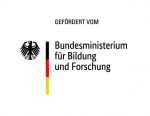
7–8/12/23
Alliances – Students, Scholars and Artists at Risk
Art academies on the way to post-migrant society
UdK Berlin, Charlotte-Salomon-Saal (Room 101/102, Hardenbergstraße)
An event together with Artist Training Lab
In German and English spoken language
8/12/23
Workshop: Overcoming Fear and Shame in White Spaces
with Vivian Ngozika Aghamelu
UdK Berlin, Medienhaus, Aula (Grunewaldstr. 2–5)
In German and English spoken language
3-6 p.m.
Overcoming Fear and Shame in White Spaces_Programm
11/12/23
Workshop: Kreatives und non-hierarchisches Lernen
with Gather
UdK Berlin, Medienhaus, Room 210 (Grunewaldstr. 2–5)
In German spoken language with English whisper translation
5-8 p.m.
Kreatives und non-hierarchisches Lernen_Programm
gather-berlin.de

